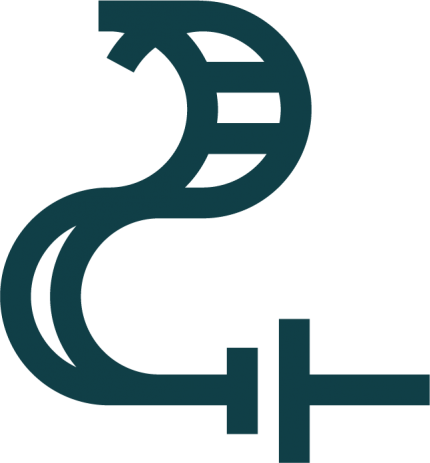Why a Co-free battery?
Road transport is the greatest source of CO2 emissions, contributing to 27% of the EU’s total value, with vehicles accounting for 45% of said impact. It is the only major sector where greenhouse gas emissions are still rising. To counteract this, electromobility has been recognised as one of the main solutions to decarbonise transport. A battery-electric vehicle can produce 50% less CO2 emissions over its lifetime than an average EU oil or diesel vehicle today.
Following supportive policies and cost reductions as the main drivers towards electric vehicle adoption, the global market is expected to reach 125 million EVs by 2030. This deployment will be accompanied by an increase in battery production capacity, for which Li-ion technology will likely remain the preferred choice for the next decade. Their high energy density and rate of self-discharge makes them suitable for electromobility applications, especially in urban areas. However, several drawbacks remain, which may hinder the further uptake of electric vehicles.
These weak points are present in the different battery components. For cathodes, reducing critical raw materials without compromising energy and power performance is one of the greatest challenges, followed by improving anodes for enabling faster-charging rates and increasing safety of electrolytes to withstand higher voltages. The current presence of cobalt (Co) as a critical raw material with high toxicity, as well as a questionable or unethical supply chain, substantiate the need for a Co-free battery.
Addressing these issues would improve the overall lifecycle performance from an electrochemical point of view, although economic and environmental factors must also be taken into account.
This is what the COBRA project sets out to do.
What is COBRA?
COBRA (CObalt-free Batteries for FutuRe Automotive Applications) is a collaborative research and innovation project on next-generation batteries, co-funded by the European Commission’s Horizon 2020 programme. The project launched in January 2020 and will run until June 2024. COBRA aims to develop a novel Cobalt-free Lithium-ion battery technology that overcomes many of the current shortcomings faced by Electrical Vehicle (EV) batteries via the enhancement of each component in the battery system in a holistic manner. COBRA will use battery chemistry consisting of an LNMO cathode in combination with a composite anode based on nanometre silicon and graphite as active particles. The project will result in a unique battery system that merges several sought after features, including superior energy density, low cost, increased cycles and reduced critical materials. The proposed Li-ion battery technology will be demonstrated at TRL6 (battery pack) and validated on an automotive EV testbed. The involvement of several leading organisations for battery manufacturing ensures easy adaptation to production lines and scale-up to contribute to a higher market adoption while helping to strengthen Europe’s position in the field.

Objectives
Technical
Cell energy density
>750 Wh/l
Useful cycle life of
>2000 cycles
Voltage window >4.5V enabling stable SEI/CEI formation
Battery pack 3C fast charging capability
50% battery pack weight reduction
Financial
Achieve a cost of no more than 90 €/kWh at pack level when entering commercial production
Safety
Reduced flammability in a temperature range from -40°C to 100°C
Housing can contain Li-ion battery fire >800°C for at least 30 min
Increase in housing tensile strength and impact resistance by 300%
Environmental
Eliminate the use of Cobalt
Attain >95% recyclability of metals at large scale
Mission
To create the next generation of high-performing, cost-effective and environmentally sustainable batteries for electromobility by enhancing each component of the battery system in a holistic way; including improvements on a BMS and battery pack level, as well as in the production and testing process.
Vision
To strengthen the global competitiveness of the European battery value chain considering performance, cost, environment and social perspectives throughout the development of the technologies.
The COBRA consortium
RTOS
Universities
Smes
Enterprises
Gen3Bat Cluster (formerly the LC-Bat-5 cluster)
The European Union is focusing substantial research efforts on battery technology. Under the EU Research and Innovation programme Horizon 2020, numerous calls for proposals focus on different aspects of battery research.
One of these is the LC-BAT-5-2019 call, which addresses:
1. Research in cell chemistry, cell morphology and cell architecture
2. Development of smart micro-sensors at cell and/or module level
3. Advanced manufacturing methods and equipment.
The cell chemistry focuses on so-called generation 3b materials according to the SET Plan. These are high-voltage spinels and high-energy NMC on the cathode side, with carbon and silicon on the anode side. Besides COBRA, the following projects have similar objectives and have been funded under the LC-BAT-5-2019 call:
We have joined forces as the Gen3Bat cluster to take advantage of synergies in communication, dissemination and technical matters.
Together we are developing the next-generation of lithium-ion EV batteries made in Europe.
If you would like to know more about COBRA, get in touch
Contact us
Send us an email
Let’s connect
Follow our LinkedIn page




















